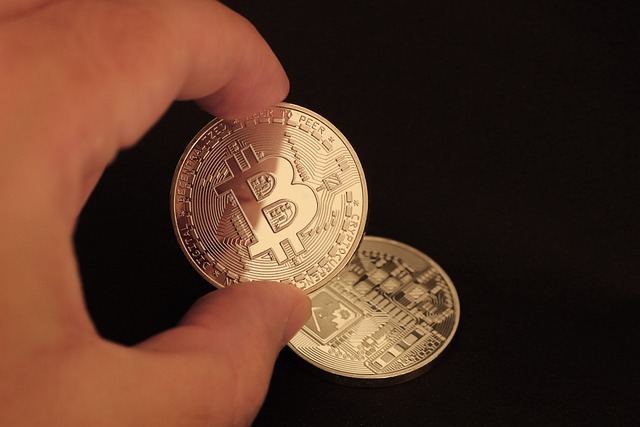The Pros and Cons of Investing in Altcoins: A Comprehensive Guide
Investing in altcoins has become increasingly popular among cryptocurrency enthusiasts due to the potential for high returns and diversification benefits. However, it’s essential to understand both the advantages and disadvantages before diving into this market.
Altcoins, or alternative cryptocurrencies, refer to coins that are not Bitcoin but still utilize blockchain technology. Some popular examples of altcoins include Ethereum, Litecoin, and Cardano. The first section will provide a detailed look at the pros of investing in altcoins, while the second section will explore the cons.
The Pros of Investing in Altcoins
Investing in altcoins can be beneficial for those looking to diversify their cryptocurrency portfolio or seeking higher returns than traditional cryptocurrencies like Bitcoin. Here are some key points to consider:
* **Diversification**: By investing in altcoins, you can spread your risk and create a more diverse portfolio. This is particularly important during times of market volatility, as it can help mitigate losses.
* **Potential for Higher Returns**: Altcoins have historically performed better than Bitcoin in the long term. For instance, some coins like Ethereum have seen significant price increases due to their adoption in decentralized applications (dApps) and enterprise use cases.
* **Innovation**: The altcoin space is constantly evolving with new projects emerging all the time. This means that there’s always a chance to invest in a coin that could be the next big thing.
* **Lower Market Capitalization**: Altcoins typically have lower market capitalizations than Bitcoin, which can result in lower volatility and fewer liquidity issues.
The Cons of Investing in Altcoins
While investing in altcoins can be profitable, it’s not without its risks. Here are some key points to consider:
* **Higher Volatility**: Altcoin markets tend to be more volatile than traditional cryptocurrency markets. This means that prices can fluctuate rapidly and unpredictably.
* **Lower Liquidity**: Altcoins often have lower liquidity than Bitcoin, which can make it difficult to buy or sell at favorable prices.
* **Regulatory Uncertainty**: The regulatory environment for altcoins is still unclear in many jurisdictions. This can result in higher risks and less investor confidence.
Key Indicators for Choosing a Cryptocurrency Exchange
When selecting an exchange to buy or trade altcoins, there are several key indicators to consider:
* **Licensing and Regulation**: Ensure that the exchange is properly licensed and regulated by reputable authorities.
* **Security Measures**: Look for exchanges with robust security measures in place to protect user funds.
* **Fees and Commissions**: Be aware of any fees or commissions associated with buying, selling, or trading altcoins on the exchange.
* **User Interface and Experience**: Consider the ease of use and overall experience of the exchange’s interface.
Beginner’s Guide to Purchasing Bitcoin on Coinbase
For those new to cryptocurrency investing, purchasing Bitcoin on a reputable exchange like Coinbase can be an excellent starting point. Here are some steps to follow:
1. Create an account: Sign up for a Coinbase account by providing basic information such as name, email address, and password.
2. Verify your identity: Coinbase requires users to verify their identity through government-issued ID or passport.
3. Fund your account: Deposit funds into your Coinbase account using a payment method accepted by the exchange.
4. Place an order: Navigate to the “Buy” section and select Bitcoin as the cryptocurrency you want to purchase.
5. Set your price: Choose the price at which you’d like to buy Bitcoin, taking into account market fluctuations.
Choosing a Cryptocurrency Exchange
When selecting a cryptocurrency exchange, there are several key indicators to consider:
* **Licensing and Regulation**: Ensure that the exchange is properly licensed and regulated by reputable authorities.
* **Security Measures**: Look for exchanges with robust security measures in place to protect user funds.
* **Fees and Commissions**: Be aware of any fees or commissions associated with buying, selling, or trading altcoins on the exchange.
* **User Interface and Experience**: Consider the ease of use and overall experience of the exchange’s interface.
Investing in Altcoins: A Final Word
Investing in altcoins can be a high-risk, high-reward endeavor. While there are potential benefits to diversifying your portfolio or seeking higher returns than traditional cryptocurrencies, it’s essential to approach this market with caution and thorough research.
Before investing in any cryptocurrency, take the time to understand its underlying technology, use cases, and market trends. Always prioritize security measures and reputable exchanges, and never invest more than you can afford to lose.

